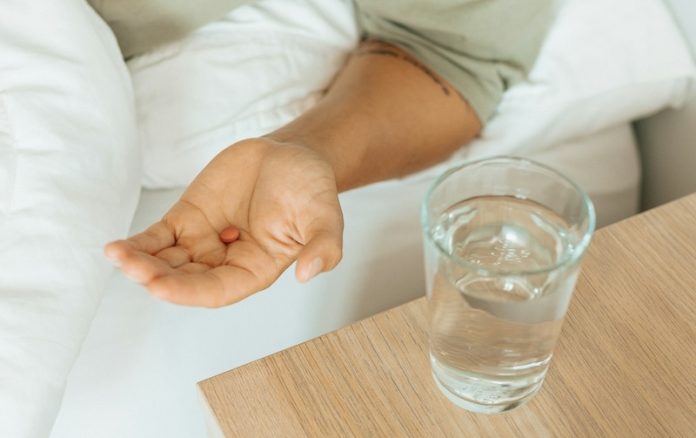
A recent study conducted by researchers from the University of Vigo and other institutions has revealed that taking high blood pressure medication at bedtime can lead to better-controlled blood pressure and significantly lower the risk of heart-related death or illness.
This finding is based on a comprehensive study that explored the impact of the timing of medication intake on cardiovascular outcomes, marking it as one of the largest and longest studies of its kind.
The research involved 19,084 patients with hypertension who were instructed to take their blood pressure medication either in the morning upon waking or at bedtime. The participants were monitored over an extended period—an average of more than six years.
During this time, their ambulatory blood pressure was regularly checked for 48-hour periods at least once a year, providing a detailed view of how their blood pressure fluctuated throughout the day and night.
The results were striking. Patients who took their medication at bedtime experienced a 45% reduction in the risk of severe cardiovascular events, including death, heart attacks, strokes, heart failure, or the need for procedures to unblock narrowed arteries.
Specifically, the risk of death from heart or blood vessel problems was reduced by 66%, heart attacks by 44%, coronary revascularization by 40%, heart failure by 42%, and stroke by 49%, compared to those who took their medication in the morning.
These findings challenge the common practice of taking blood pressure medication in the morning, which has been widely recommended by physicians.
This recommendation was primarily based on the assumption that reducing blood pressure levels in the morning, when they are typically higher, would be most beneficial. However, the study’s findings suggest otherwise.
The research team highlighted that current guidelines for treating hypertension do not specify an optimal time for taking medication. The results from this study indicate that taking medication at bedtime may be more effective in reducing the risk of cardiovascular events.
This is consistent with previous reports from the Hygia Project, which emphasized that the average systolic blood pressure during sleep is a more critical predictor of heart disease risk than blood pressure measurements taken while awake or during doctor visits.
This study, led by Ramón C. Hermida and published in the European Heart Journal, suggests that a simple change in the timing of medication could have profound effects on patient outcomes.
It underscores the need for healthcare providers to consider the timing of blood pressure medication as part of a comprehensive treatment strategy for hypertension.
By taking their medication at bedtime, patients may significantly reduce their risk of life-threatening heart and blood vessel conditions.
If you care about blood pressure, please read studies about blood pressure drug that may increase risk of sudden cardiac arrest, and these teas could help reduce high blood pressure.
For more information about health, please see recent studies about nutrient that could strongly lower high blood pressure, and results showing this novel antioxidant may help reverse blood vessels aging by 20 years.
Copyright © 2024 Knowridge Science Report. All rights reserved.



